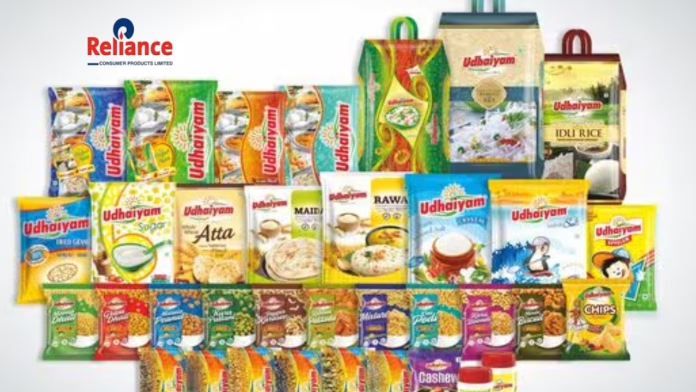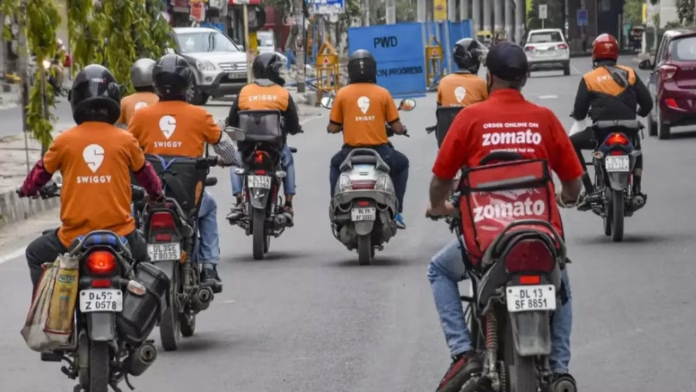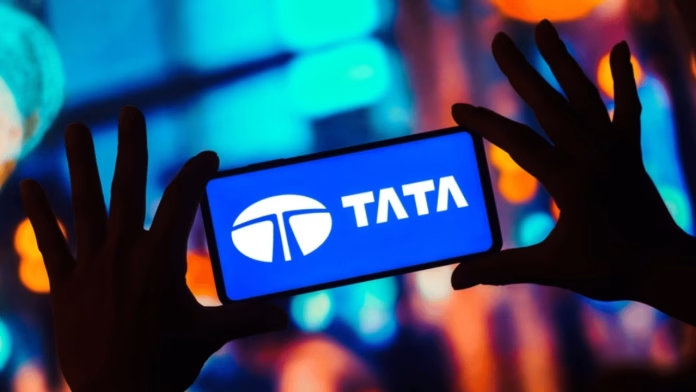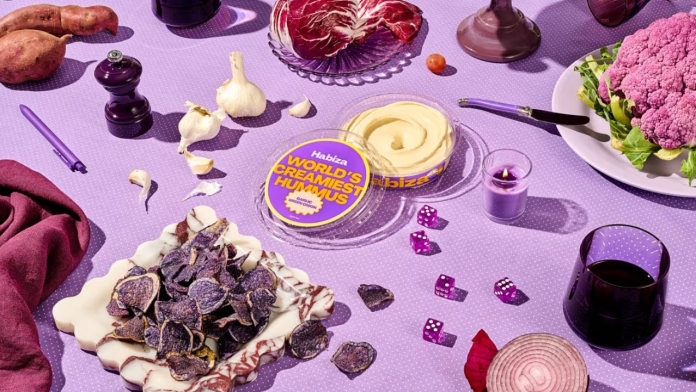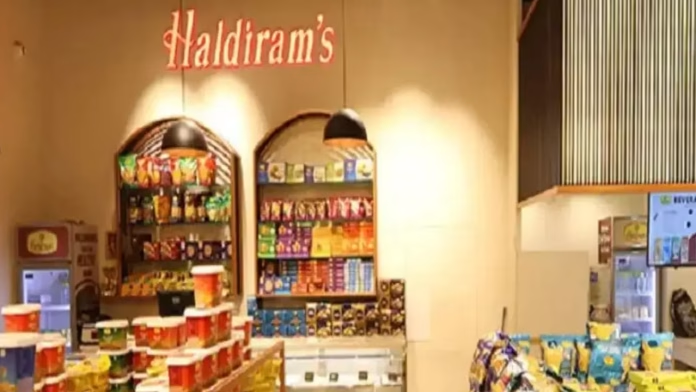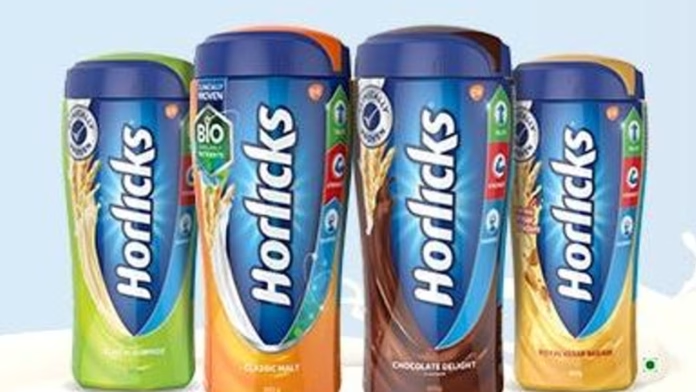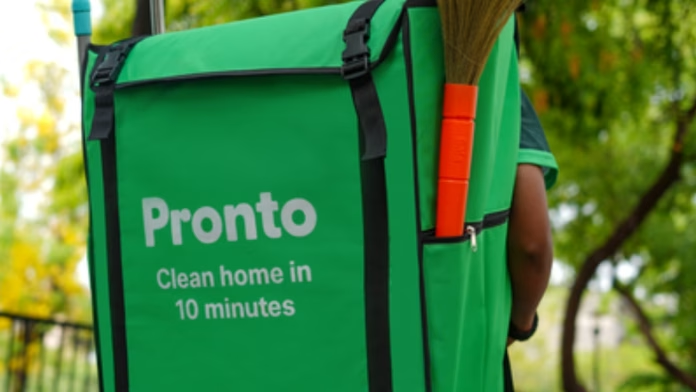Reliance Consumer Products Limited has moved a step closer to strengthening its presence in India’s fast-growing packaged staples market with the acquisition of a majority stake in Chennai-based Udhaiyams Agro Foods. The transaction value has not been disclosed, but the deal places the Mukesh Ambani-backed FMCG arm firmly into categories such as pulses, breakfast mixes, snacks and everyday staples.
The acquisition has been structured as a joint venture, with RCPL holding a controlling interest while Udhaiyams’ promoters, S Sudhakar and S Dinakar, continue as minority shareholders. Founded over three decades ago, Udhaiyams has built a strong regional footprint and brand recall, particularly in South India, backed by a diversified portfolio and deep sourcing relationships.
With this move, RCPL expands its competitive landscape, positioning itself alongside established players such as Tata Consumer Products, MTR and iD Fresh Foods. The company has been steadily assembling a broad FMCG portfolio that spans beverages, packaged foods, personal care and beauty. Its existing brands include Campa soft drinks, Spinner sports beverages, SIL jams, Lotus Chocolate, Velvette personal care and Alan’s Bugles snacks.
Industry sources indicate the deal follows Reliance’s recent pattern of mid-sized acquisitions aimed at scaling trusted Indian brands. Similar transactions in the past have included Campa Cola and Velvette, which were revived and expanded using Reliance’s distribution and retail muscle.
T Krishnakumar, Director at Reliance Consumer Products, said the partnership would deepen RCPL’s play in branded staples, a segment seeing rising demand as consumers shift from loose to packaged products. Udhaiyams’ Managing Director S Sudhakar described the alliance as an opportunity to accelerate growth by leveraging Reliance’s supply chain, retail reach and capital support.
The acquisition comes amid a broader push by Reliance to scale its consumer products business. The FMCG arm recently became a direct subsidiary of Reliance Industries, signalling sharper focus on packaged goods. RCPL reported revenues of over Rs 11,000 crore in FY25 and has announced plans to invest Rs 40,000 crore in food manufacturing facilities nationwide.
Market outlook remains favourable. Industry estimates project India’s packaged foods market to grow from $121 billion last year to nearly $225 billion by 2033, driven by urbanisation, rising incomes and evolving consumption habits.

